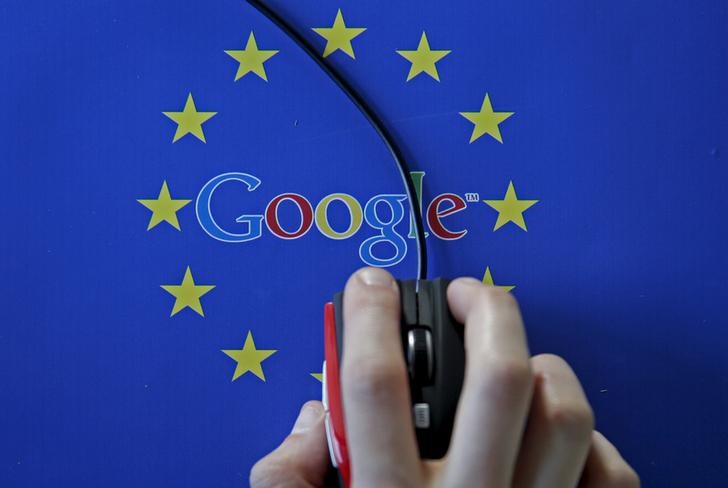Google (NASDAQ:GOOGL) has concluded its defense in a significant antitrust case heard by Judge Amit P. Mehta at the U.S. District Court for the District of Columbia, where it stands accused by the Justice Department and several state attorneys general of illegally monopolizing the search and advertising markets. A decision in the case is expected sometime in 2024.
In today's final arguments, Google's defense hinged on three primary points: the rationale behind its business strategies, evidence of robust competition in the search market, and its positive influence on consumers and overall market competition.
Google CEO Sundar Pichai took the stand to justify the company's financial dealings with Apple (NASDAQ:AAPL), explaining that paying for default search engine status on Apple devices was a strategic move meant to boost search usage and revenue. In 2021, Google invested a substantial $26.3 billion to secure its position as the default search engine across various platforms, dedicating $18 billion of that amount to Apple alone.
Addressing claims of monopolistic behavior, Google's legal team pointed to instances of competition within the search engine space. They highlighted Mozilla's temporary adoption of Yahoo as their default search engine in 2014, which ultimately reverted back following user feedback, as an example that other players have had opportunities to enter and compete in the market.
Prabhakar Raghavan, Google’s head of search, emphasized the company's hefty $40 billion investment in research and development over the past year. He stated that such investments have allowed Google to deliver superior technology and services to users. Furthermore, Google argued that its entrance into various markets has actually stimulated more competition rather than stifling it.
The case against Google has been closely watched as it touches on broader concerns about the power wielded by tech giants and their influence on consumer choices and market dynamics. As both sides await a verdict next year, the outcome could have far-reaching implications for how digital markets are regulated and how tech companies operate globally.
This article was generated with the support of AI and reviewed by an editor. For more information see our T&C.
